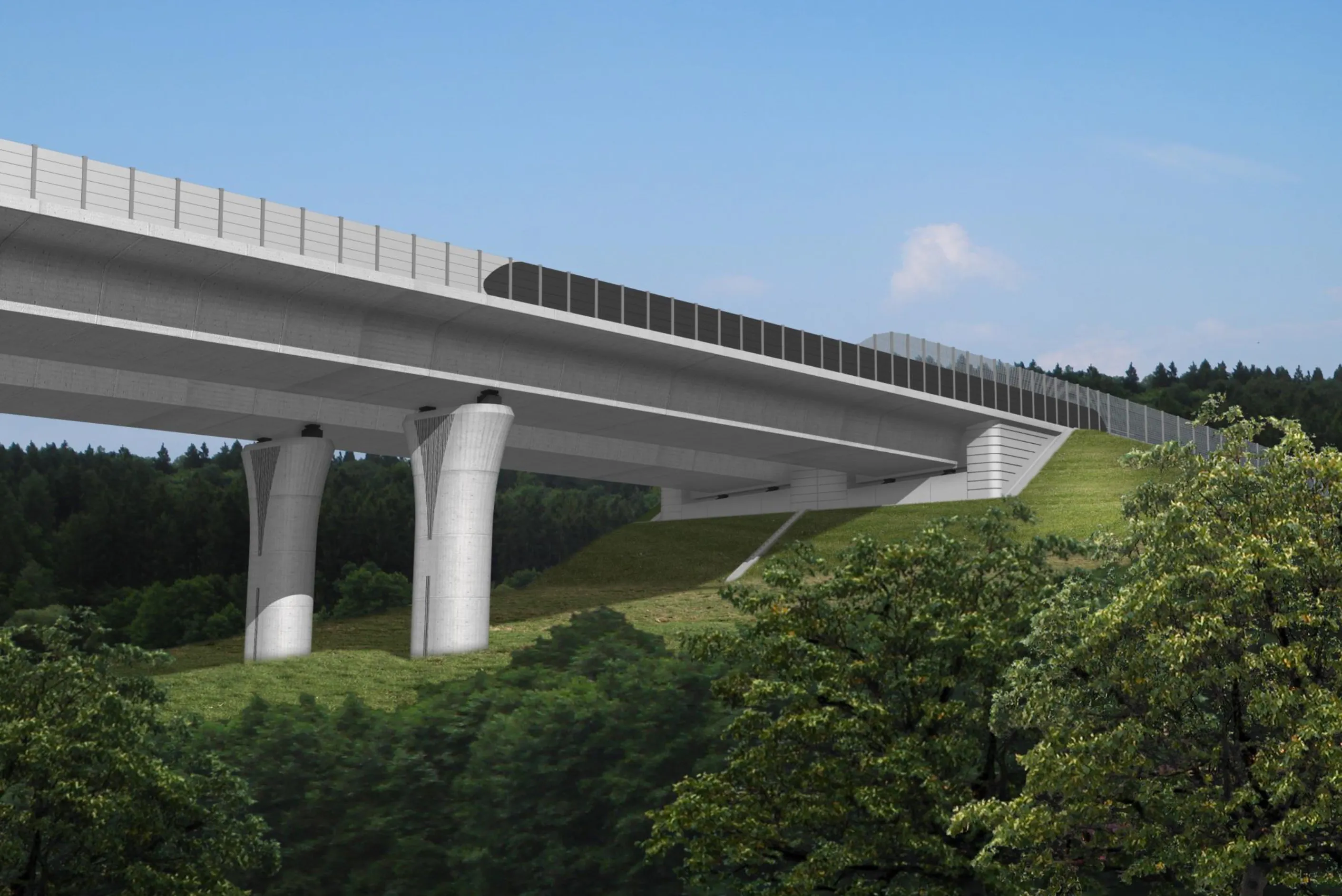The European Investment Bank (EIB) is providing financial backing worth €144 million for the new M17/M18 Gort-Tuam motorway project. The M17/M18 Gort to Tuam PPP Scheme is situated in the west of Ireland and will be constructed as a four lane motorway that will replace the existing N17/N18 roads. This new motorway will reduce journey times by around 20 minutes and has an overall cost estimated at €550 million. Construction work will start during this year and this is the second transport PPP to be signed un
April 30, 2014
Read time: 2 mins
The European Investment Bank (EIB) is providing financial backing worth €144 million for the new M17/M18 Gort-Tuam motorway project. The M17/M18 Gort to Tuam PPP Scheme is situated in the west of Ireland and will be constructed as a four lane motorway that will replace the existing N17/N18 roads. This new motorway will reduce journey times by around 20 minutes and has an overall cost estimated at €550 million.
Construction work will start during this year and this is the second transport PPP to be signed under the present Irish Government, following the M11/Newlands Cross project. Ireland’s PPP programme stalled following the economic crisis of 2008 but is now fully operational again.
This 57km road will be a major boost to the Western region. The scheme will provide four lanes from Gort in the south to Tuam in the north, with a major junction with the M6 Galway-Dublin route to the east of Galway City. It will bypass Tuam, Ardrahan, Claregalway, Kilcolgan, Clarinbridge and Gort. The stretch bypassing Clarinbridge, Claregalway and Tuam will reduce current congestion and also improve safety. When completed, the new motorway will reduce journey times between Limerick and Galway. It will also reduce journey times from Galway to Shannon Airport, boosting the airport's growth prospects. The new road will form part of the Atlantic Corridor along Ireland’s west coast. Construction is expected to take less than four years and the first traffic along the route is expected in late 2018. All archaeological sites along the route have been investigated under licence from the National Museum and any compulsory purchase orders required to develop the road have already been completed.
The European Investment Bank will provide €144 million over 26 years for the scheme, representing a saving to the State. Another €150 million will be provided by commercial funders, with a mix of international and domestic project finance banks represented alongside new international institutional investors.
The Irish Government is investing in transport projects outside of capital Dublin. Later this year the Belturbet and Ballaghaderreen bypass will be opened. Meanwhile the tender process has yet to start for the Enniscorthy and New Ross PPPs.
Construction work will start during this year and this is the second transport PPP to be signed under the present Irish Government, following the M11/Newlands Cross project. Ireland’s PPP programme stalled following the economic crisis of 2008 but is now fully operational again.
This 57km road will be a major boost to the Western region. The scheme will provide four lanes from Gort in the south to Tuam in the north, with a major junction with the M6 Galway-Dublin route to the east of Galway City. It will bypass Tuam, Ardrahan, Claregalway, Kilcolgan, Clarinbridge and Gort. The stretch bypassing Clarinbridge, Claregalway and Tuam will reduce current congestion and also improve safety. When completed, the new motorway will reduce journey times between Limerick and Galway. It will also reduce journey times from Galway to Shannon Airport, boosting the airport's growth prospects. The new road will form part of the Atlantic Corridor along Ireland’s west coast. Construction is expected to take less than four years and the first traffic along the route is expected in late 2018. All archaeological sites along the route have been investigated under licence from the National Museum and any compulsory purchase orders required to develop the road have already been completed.
The European Investment Bank will provide €144 million over 26 years for the scheme, representing a saving to the State. Another €150 million will be provided by commercial funders, with a mix of international and domestic project finance banks represented alongside new international institutional investors.
The Irish Government is investing in transport projects outside of capital Dublin. Later this year the Belturbet and Ballaghaderreen bypass will be opened. Meanwhile the tender process has yet to start for the Enniscorthy and New Ross PPPs.









